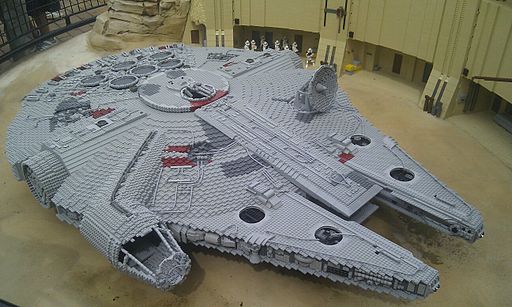 Only three weeks left before the inaugural symposium of the Medical Futures Lab on April 26 in Houston.
Only three weeks left before the inaugural symposium of the Medical Futures Lab on April 26 in Houston.
The design of “Millennial Medicine” has the Lab’s multidisciplinary-critical-thinking-through-creative-design handprints all over it. We’re bringing together thought leaders from inside and outside of medical education to reimagine the future of medicine and the tools we need to get there. Our speakers are covering a thrilling array of topics, including:
“Digitizing Human Beings” (Eric Topol)
“Can Medical Education Become a Learning Ecosystem?” (Marc Triola)
“The Future of Continuing Medical Education: Can We Keep Up with Exponential Growth in Medical Knowledge?” (Yuri Millo)
“Ten Lessons About Technoculture Innovation for Medicine” (Anne Balsamo)
And that’s all before lunch. Schedule here, and watch this space for the equally fabulous after-lunch lineup.
By drawing input from different disciplines we will leverage our collective capabilities to identify core problems, create critical dialog, fashion innovative solutions, and cultivate new patterns of thinking while fostering a uniquely creative medical culture. This innovative symposium will bring the voices of the next generation of medical leaders into the dialog about medicine’s future by asking, “how should medicine look in 2050?” Join the conversation!
Register here.






 Last night marked the beginning of a new era in the health and medical tech innovation sector in Houston with the launch of a
Last night marked the beginning of a new era in the health and medical tech innovation sector in Houston with the launch of a